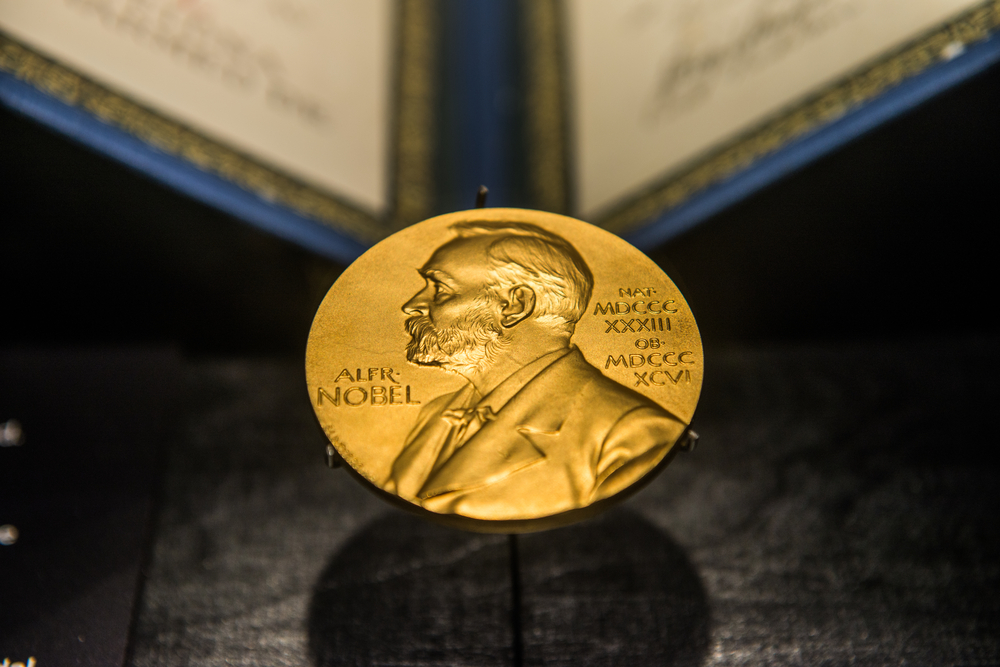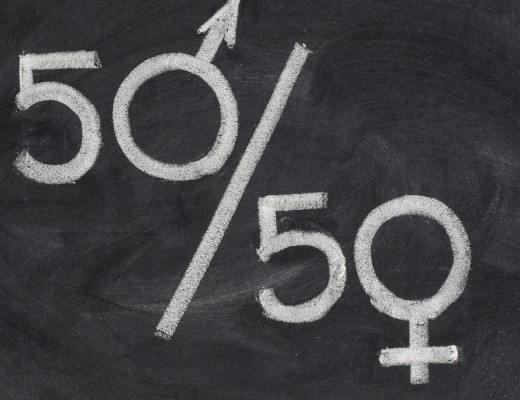Learn more about the lives and works of the Nobel Prize 2016 winners.
Annually, the world anticipates the recognition of the greatest minds and works of the year. So far, the Nobel Prize 2016 has been given out for physics, chemistry, physiology or medicine, and the Nobel Peace Prize.
The Nobel Prize is a set of annual international awards given in several categories by Swedish and Norwegian institutions in recognition of academic, cultural, and/or scientific advances. The name of the prizes, Nobel, belongs to the Swedish inventor Alfred Nobel, who established them in his will in 1895.
The first awards were given in 1901, for excelling work in Chemistry, Literature, Peace, Physics, and Physiology or Medicine. The Nobel Memorial Prize in Economic Sciences however, was established by Sweden’s central bank in 1968.
Chemist, engineer and inventor Alfred Nobel was born on 21 October 1833 in Stockholm, Sweden, into a family of engineers. Even though he is accredited for around 355 inventions, he most known for the creation of dynamite. In 1888, his brother Ludvig died, but a French newspaper ruched to print the news of Alfred’s own death, headlined “the merchant of death is dead”. Shocked by the title, Nobel became concerned with how he would be remembered after he was dead for real. He wrote his will a year before dying on 10 December 1896, in which he states that he wishes that his wealth would be used to prize those who confer the “greatest benefit on mankind”.
The Nobel Peace Prize 2016
The Nobel Peace Prize 2016 was awarded to the President of Colombia, Juan Manuel Santos, “for his resolute efforts to bring the country’s more than 50-year-long civil war to an end”.
President Santos had engaged in talks with the left-wing FARC movement, whom have been in armed conflict with the state for over 5 decades. Even though reaching an agreement, it was vetoed by a referendum days later.
The Nobel Prize in Physiology or Medicine 2016
Japanese J cell biologist Yoshinori Ohsumi received the prize “for his discoveries of mechanisms for autophagy”.
The Nobel Prize in Chemistry 2016
Was awarded jointly to the French chemist Jean-Pierre Sauvage, Scottish chemist Sir J. Fraser Stoddart and Dutch chemist Bernard L. Feringa “for the design and synthesis of molecular machines”.
The Nobel Prize in Physics 2016
One half of the prize was awarded to the British-born condensed-matter physicist David J. Thouless, and the other half was jointly awarded to British-born physicist F. Duncan M. Haldane and British-born professor of physics J. Michael Kosterlitz “for theoretical discoveries of topological phase transitions and topological phases of matter”.




